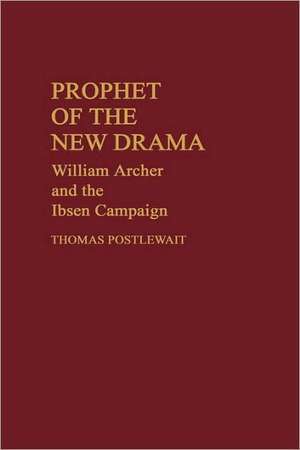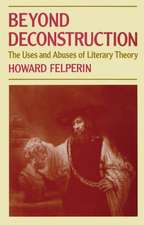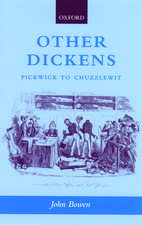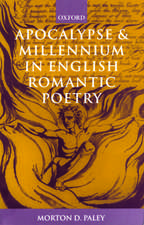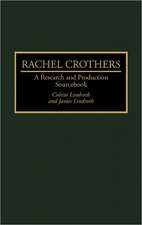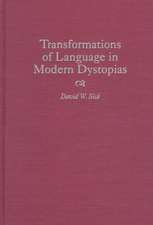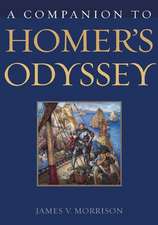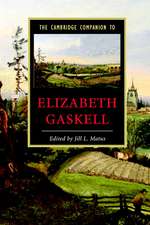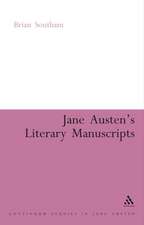Prophet of the New Drama: William Archer and the Ibsen Campaign: Bibliographies and Indexes in Law and Political Science, cartea 20
Autor Thomas Postlewaiten Limba Engleză Hardback – 20 feb 1986
This analytical history is the most comprehensive and accurate record of the Ibsen campaign in London. Postlewait places major emphasis on the activities of William Archer, the theatre critic, translator, and director who zealously campaigned for the acceptance of Ibsen's works in particular and the new drama in general. He argues that proper appreciation of Archer's often devious role as the foremost advocate of Ibsen is vital to understanding how and why Ibsen was ultimately received on the London stage. Postlewait's reassessment challenges all previous histories and critical studies of this theatrical era and confronts the many contradictions of Archer's life and works that have previously clouded more straightforward histories. He presents Archer as a man with a sense of missionary urgency but also as an individual with an often paradoxical character and numerous self-defeating attributes. This process of reconstituting history and reexamining the career of William Archer, especially in light of his close relationships with Bernard Shaw and Elizabeth Robins, reveals the importance, complexity, and even brilliance of a man who may fittingly be called the prophet of the new drama.
Din seria Bibliographies and Indexes in Law and Political Science
- 42%
 Preț: 250.49 lei
Preț: 250.49 lei - 52%
 Preț: 343.28 lei
Preț: 343.28 lei - 42%
 Preț: 250.02 lei
Preț: 250.02 lei - 38%
 Preț: 442.31 lei
Preț: 442.31 lei - 51%
 Preț: 304.75 lei
Preț: 304.75 lei - 50%
 Preț: 353.91 lei
Preț: 353.91 lei - 43%
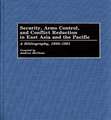 Preț: 368.22 lei
Preț: 368.22 lei - 41%
 Preț: 309.12 lei
Preț: 309.12 lei - 51%
 Preț: 302.28 lei
Preț: 302.28 lei - 42%
 Preț: 251.04 lei
Preț: 251.04 lei - 51%
 Preț: 252.57 lei
Preț: 252.57 lei - 42%
 Preț: 300.49 lei
Preț: 300.49 lei - 52%
 Preț: 251.90 lei
Preț: 251.90 lei - 52%
 Preț: 250.77 lei
Preț: 250.77 lei - 28%
 Preț: 435.72 lei
Preț: 435.72 lei - 38%
 Preț: 345.30 lei
Preț: 345.30 lei - 38%
 Preț: 438.84 lei
Preț: 438.84 lei - 38%
 Preț: 345.07 lei
Preț: 345.07 lei - 24%
 Preț: 363.98 lei
Preț: 363.98 lei - 52%
 Preț: 250.40 lei
Preț: 250.40 lei - 38%
 Preț: 440.96 lei
Preț: 440.96 lei - 51%
 Preț: 302.28 lei
Preț: 302.28 lei - 35%
 Preț: 362.02 lei
Preț: 362.02 lei
Preț: 437.07 lei
Preț vechi: 603.79 lei
-28% Nou
83.64€ • 87.72$ • 69.62£
Carte tipărită la comandă
Livrare economică 01-15 aprilie
Specificații
ISBN-10: 0313245401
Pagini: 210
Dimensiuni: 152 x 229 x 16 mm
Greutate: 0.48 kg
Editura: Greenwood Press
Colecția Praeger
Seria Bibliographies and Indexes in Law and Political Science
